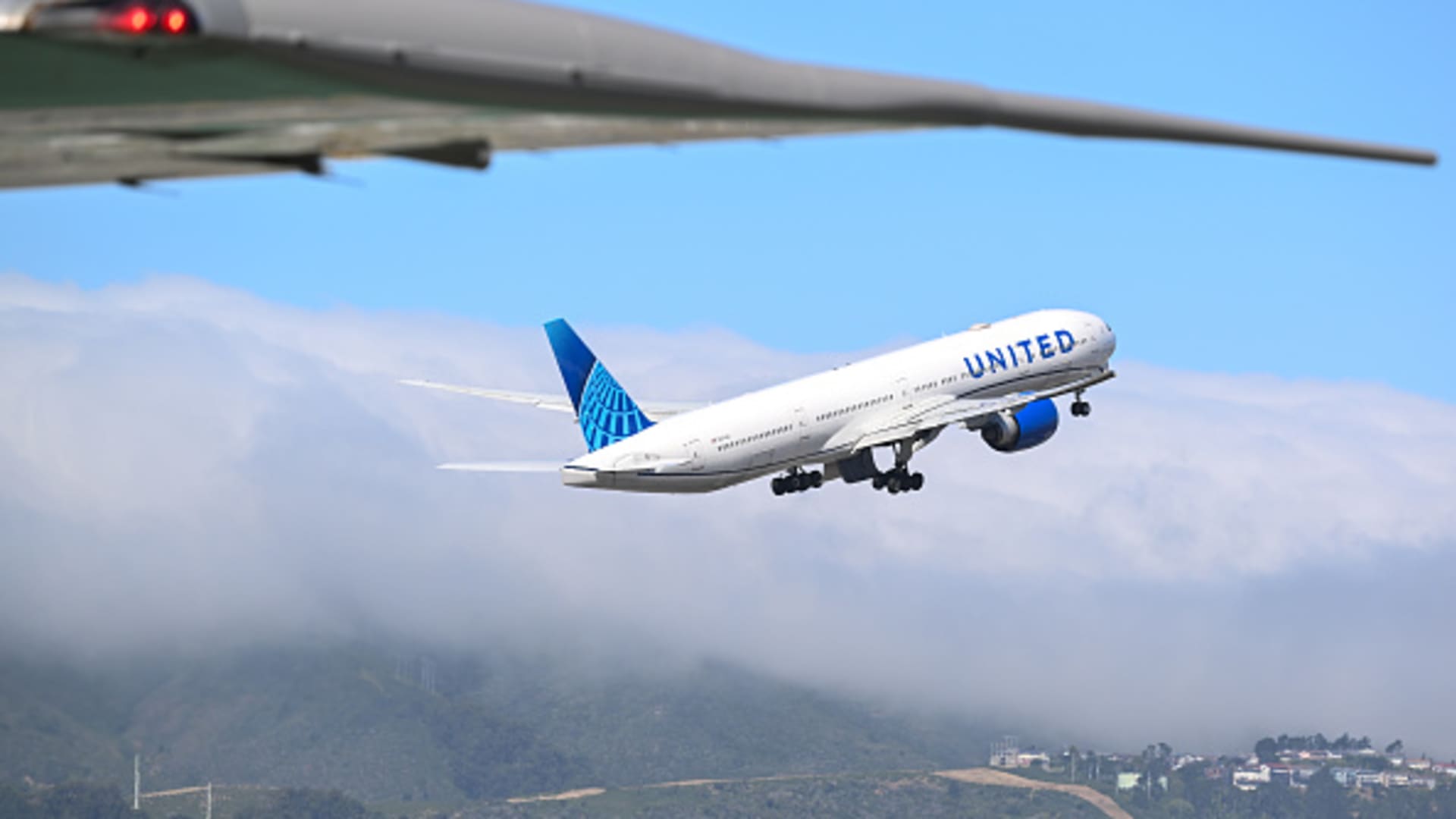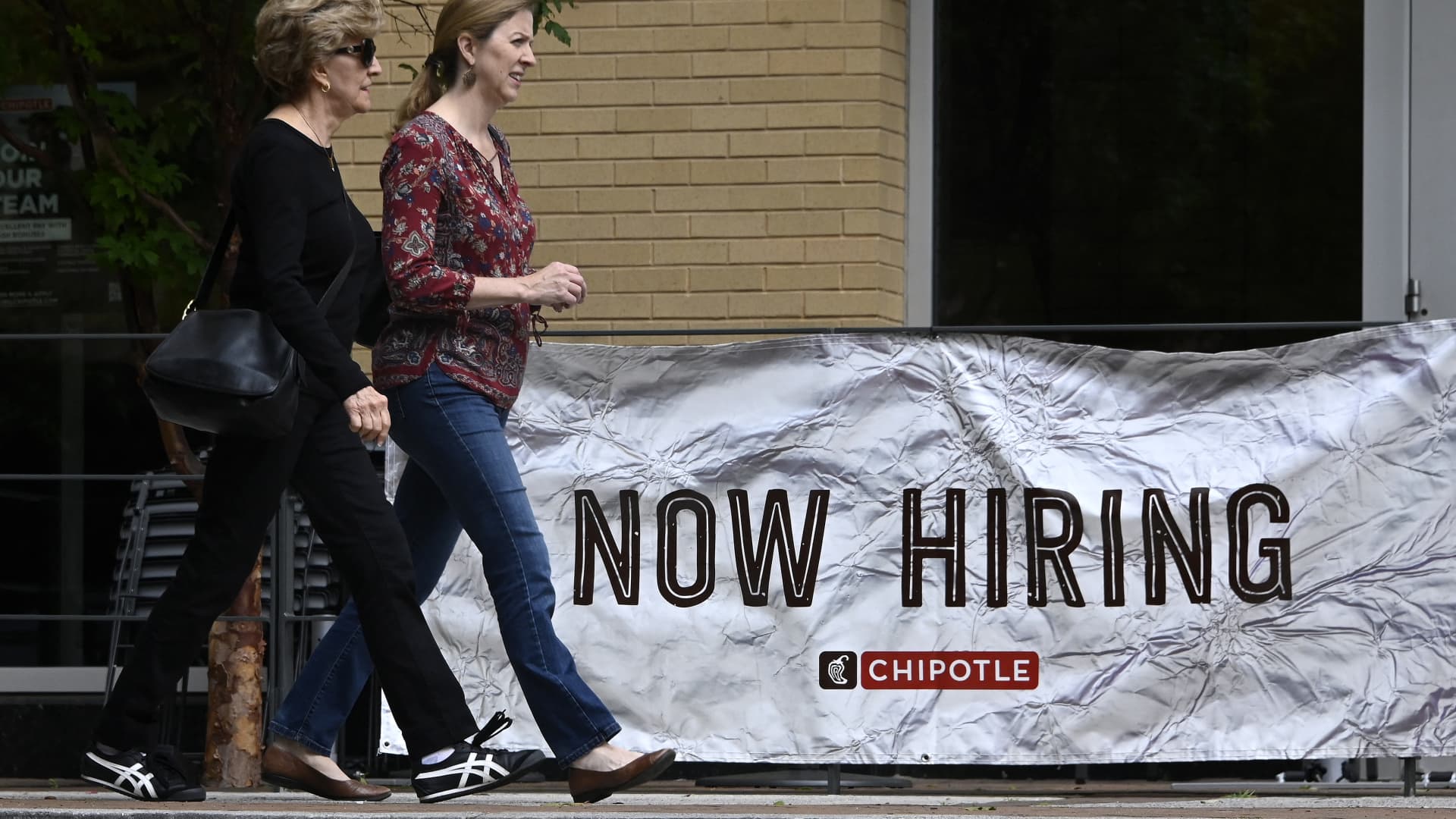US Markets
Thursday, June 16th, 2022 12:52 pm EDT

When Jennifer Sutton opened her small business, Guest Haus Juicery, in September 2021, she turned to teenage workers to fill gaps in the hiring market.
Sutton initially thought her two teen employees would staff the register at her Park City, Utah-based cafe, but a tight labor environment forced Sutton to think differently about how she could best utilize the hands.
“They’ve proven to be incredible workers. They’ve jumped in, not only checking our customers out in front of the house, but they help out in the kitchen,” Sutton said. “They are eager to learn and do new things.”
The summer hiring season has long been bolstered by teenage workers looking to earn extra income during their downtime from school and extracurricular activities. But the typical teen hiring spree has yet to kick in for 2022 as the pandemic lingers, and young workers are finding they have more leverage to ask for higher pay, new opportunities and more flexibility around vacations or sports.
“We foster a pretty social, high-vibe environment here that’s appealing to them. However, it does not mean that there’s an option to pay them less or dump more hours on to them,” Sutton said. “They’re looking for work, but they’re making asks and know what they’re looking for. They want flexibility. They want to be able to take summer vacations, and they know they can get competitive pay.”
Sutton pays her younger workers, ages 15 to 17, between $12 and $14 an hour, plus tips — nearly double Utah’s minimum wage. She’s looking to hire three more teens this summer, as tourism picks up.
Roughly 153,000 teens, ages 16 to 19, secured jobs in May, according to an analysis of data from the Bureau of Labor Statistics by global outplacement and executive coaching firm Challenger, Gray & Christmas. That’s 30% below the 219,000 jobs added in the same month last year and the lowest teen hiring level for the month of May since 2018.
The lag in summer teen hiring so far mirrors a slowdown from summer 2021, when 41% fewer teens found jobs than in 2020, according to Challenger. The summer of 2020 saw the most teen jobs added on record, with 2.1 million teenagers landing positions between May and July. This year Challenger projects younger workers will secure 1.3 million jobs in that same span, below an annual summer average dating back to 1998 of 1.4 million.
Challenger noted that teens might be waiting for the school year to officially end before seeking employment. But for those willing to work, the pay is competitive.
For the first four months of 2022, average hourly wages for teen workers increased nearly 4 times faster than the increase among all workers, notching 2.8% wage growth for those 15 to 19 years old, compared with 0.8% growth across age groups, according to data from payroll platform Gusto.
Some bosses, such as Sam Ballas, owner of an East Coast Wings and Grill location in Clemons, North Carolina, are going the extra mile to keep their teenage workers on the payroll.
When Ballas opened his restaurant in September 2020, teens made up about 35% of his employee base. Now he’s offering competitive pay and looking to hang on to teens he’s recruited in the last two years, rewarding them with raises and opportunities.
Ballas, also the CEO of the chain, said he occasionally reaches out to younger workers before they take on new roles after college, highlighting the opportunity for higher-level positions in the company. They earn $9 to $15 an hour in the front of the house and up to $18 in the back of the house.
“When you do see a talent in these young people, you quickly escalate the wage to stay competitive,” Ballas said. “You don’t want to lose them to a competitor.”
He continues to encourage them to come back to work during time off from school.
For teen workers such as Chloe Biggers, who works for Ballas, the upward mobility has paid off. She started working at East Coast Wings and Grill at age 16, at $8 an hour. Two years later she’s earning up to $14 an hour, depending on whether she’s hosting or handling carryout orders.
Biggers said the extra cash has been helpful in offsetting the effects of inflation.
“Prices have definitely inflated, so these pay raises definitely do help, and the extra hours definitely do help. Especially when I want to go out with friends,” she said.
This post has been syndicated from a third-party source. View the original article here.




